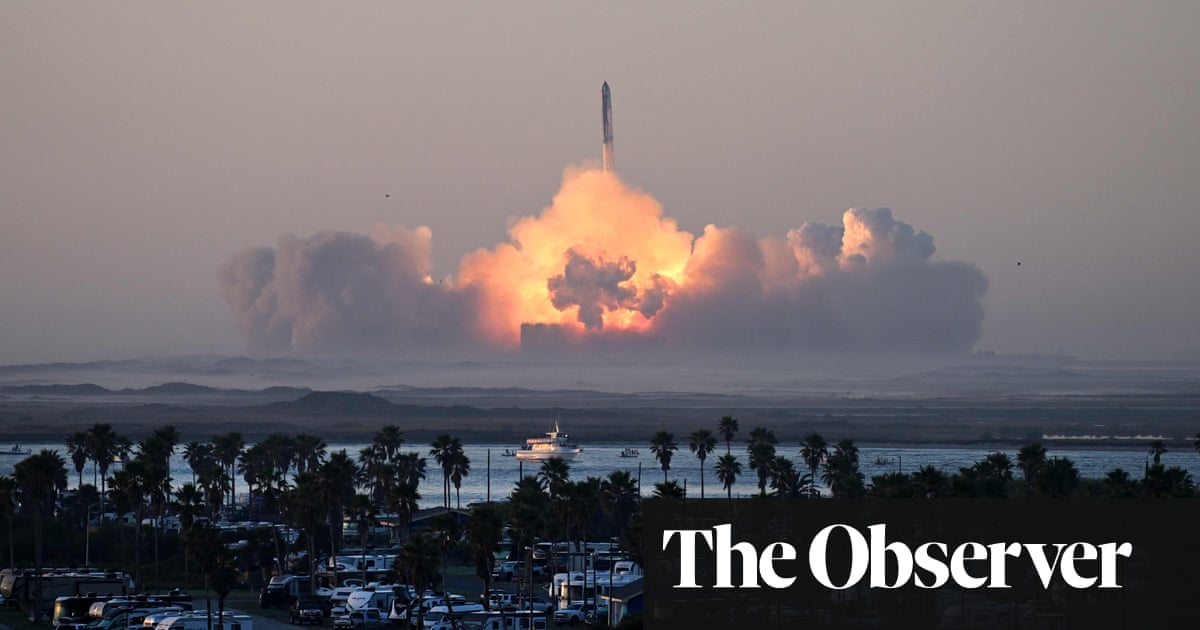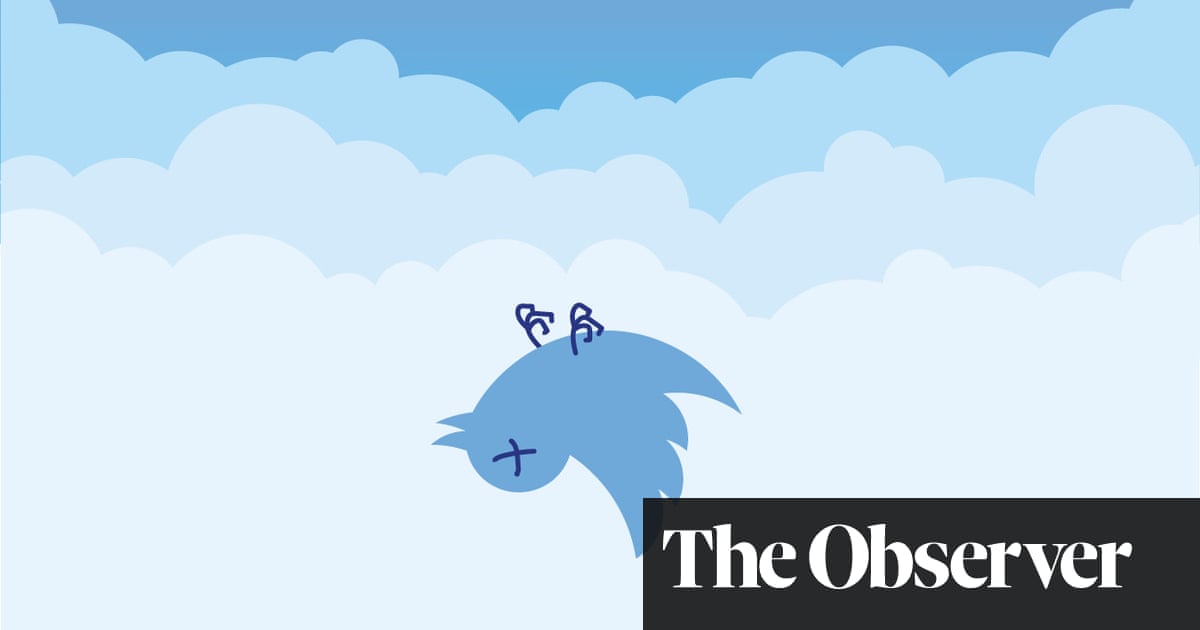
It has been an explosive weekend for Elon Musk. The American billionaire has had to witness not only the public “rapid unscheduled disassembly” of another of his rockets, but also watch while a group of well-known global companies, including Apple, Disney and IBM, pulled advertising from X, his social media platform.
The businesses, all of them household names, made the decision to stop spending on the site, formerly known as Twitter, after the American billionaire’s public support for an antisemitic conspiracy theory. Last Wednesday, Musk replied to a conspiracy post which accused Jews of promoting hatred of white people, noting that it was the “actual truth”. He has since argued that his intended criticism was of specific campaign groups, such as the campaign group the Anti-Defamation League (ADL), and was not aimed at the wider Jewish community.
This new, costly row surrounding the tech entrepreneur meant that by the time his Starship rocket had come across an unexpected hitch in the Texas skies on Saturday, Musk’s reputation was already under fire. Well before his SpaceX craft’s booster exploded without warning, and all contact was lost with the ascending rocket, the X platform was dealing with a media storm that might also lead to a “rapid disassembly”.
Several other leading brands and public figures have swiftly distanced themselves from the site, despite Musk’s claim that he is being deliberately misrepresented by those who want to “undermine freedom of speech” and damage his platform.
Concerned advertisers, among them the European Commission, Comcast, Paramount TV and the movie studio Lionsgate, have dropped promotional campaigns from X, or are pausing until the owner of the platform further clarifies his position.
On Saturday morning, however, Musk went on the attack. He is now threatening “a thermonuclear lawsuit” on Monday against Media Matters, the American watchdog organisation that has determinedly drawn attention to alleged antisemitism on X. Its recent report on the site pointed out that expensive branded adverts had appeared next to pro-Nazi posts, such as quotes from Adolf Hitler and Holocaust denial tropes.
The wisdom of major brands associating with the site has been in question since Musk took over Twitter a year ago, but the outbreak of armed conflict in the Middle East last month has prompted new departures. On Thursday, IBM became the first company to pull its advertising from the site in response to the Media Matters investigation. Reports in the New York Times indicate the computer company had committed to spend $1m on the site in the remainder of the year.
Among those now calling on Musk to resign is Facebook co-founder Dustin Moskovitz, while the White House has also condemned the “abhorrent promotion of antisemitic and racist hate in the strongest terms”. Several well-known X users, such as the US music producer Steve Greenberg, have also announced they are leaving the platform this weekend. It had, Greenberg said, morphed into “something hateful and dangerous.”
When protest about antisemitic content on X began to grow on Friday, Musk quickly announced new measures to proscribe “calls for extreme violence” against Israel. He explained in a post that anyone using the contentious phrase “from the river to the sea” on the platform would be suspended.
It was a move that won him plaudits from the ADL, which considers quoting this slogan to be a coded call for the elimination of Israel. The group’s chief executive, Jonathan Greenblatt, said it was “an important and welcome move”.
On Friday evening, Linda Yaccarino, Musk’s chief executive at X, stated in a post that the platform had been “extremely clear about our efforts to combat antisemitism and discrimination”, adding: There’s absolutely no place for it anywhere in the world”.
But Musk has repeatedly been accused of having antisemitic instincts. He made a public attack on the wealthy Jewish financier George Soros in which he compared the Hungarian liberal philanthropist to a comic book villain and suggested he “fundamentally hates humanity”. He also chose to praise the physique of actor Mel Gibson, who has voiced antisemitic hate, rather than condemning him in reply to a racist tweet.
Musk has previously been criticised for publicly communicating with an antisemitic social media account that supported QAnon conspiracy theories and hate speech. In May this year, he drew further opprobrium when he posted the quote: “To learn who rules over you, simply find out who you are not allowed to criticize.”
The line, sometimes wrongly attributed to the philosopher Voltaire, comes from a 1993 radio broadcast made by American neo-Nazi Kevin Alfred Strom.
This article was amended on 19 November 2023. In an earlier version, the word “not” was omitted from the quote: “To learn who rules over you, simply find out who you are not allowed to criticize”.












